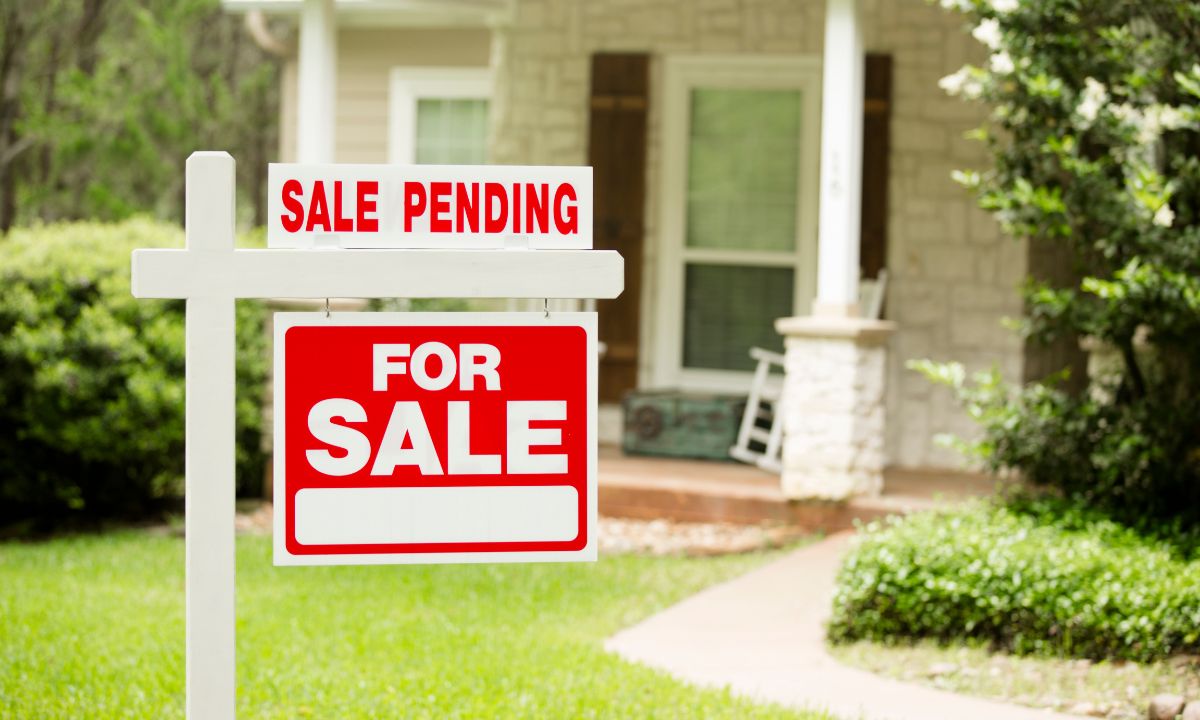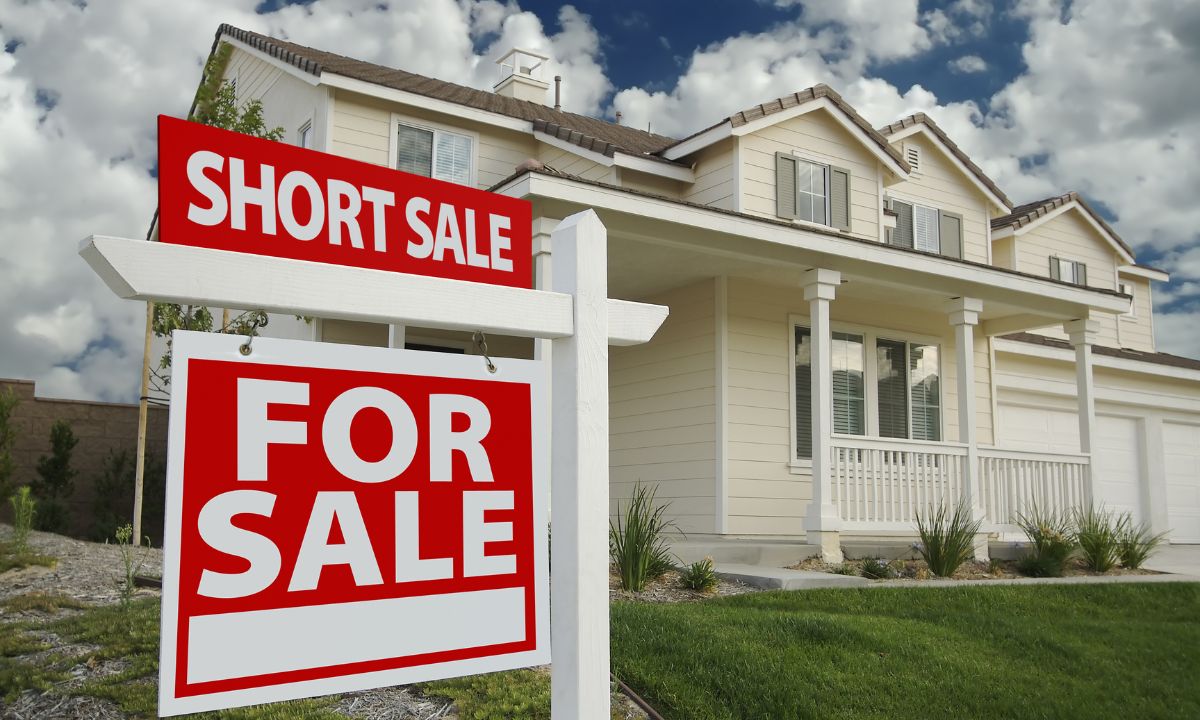 Selling your home is a significant milestone, and you want to make sure it leaves a lasting impression on potential buyers. One of the most effective ways to achieve this is through the art of staging. Staging transforms your living space, highlighting its best features and making it irresistible to buyers. Here are some expert tips to help you master the art of staging and get your home sold faster.
Selling your home is a significant milestone, and you want to make sure it leaves a lasting impression on potential buyers. One of the most effective ways to achieve this is through the art of staging. Staging transforms your living space, highlighting its best features and making it irresistible to buyers. Here are some expert tips to help you master the art of staging and get your home sold faster.
1. Declutter and Depersonalize
Less is More: Start by decluttering your home. Remove excess furniture, knick-knacks, and personal items. A clutter-free space appears larger and allows buyers to visualize themselves living there.
Personal Touches: While it’s tempting to showcase family photos and personal collections, it’s best to store these away. Depersonalizing helps buyers imagine their own belongings in the space.
2. Deep Clean Every Nook and Cranny
A clean home is a must. Ensure every room is spotless, from floors to ceilings. Pay special attention to kitchens and bathrooms, as these areas can be deal-breakers for many buyers. Consider hiring professional cleaners for a thorough job.
3. Highlight Key Features
Focal Points: Identify and emphasize the focal points of each room. Whether it’s a beautiful fireplace, a stunning view, or elegant built-in shelves, make sure these features stand out.
Lighting: Proper lighting can enhance your home’s appeal. Use a mix of ambient, task, and accent lighting to create a warm and inviting atmosphere. Open curtains and blinds to let in natural light, making the space feel bright and airy.
4. Neutralize Your Color Palette
Paint: Neutral colors are universally appealing and create a blank canvas for buyers. Consider repainting walls in soft, neutral shades like beige, gray, or light taupe. These colors make rooms look fresh and larger.
Furnishings: Incorporate neutral-colored furnishings and decor. This helps create a cohesive and serene environment that appeals to a wide range of tastes.
5. Furniture Placement
Function and Flow: Arrange furniture to create a logical flow and highlight the room’s function. Ensure there is ample space to move around and that each area feels purposeful. In the living room, for instance, arrange seating to encourage conversation and showcase the space’s usability.
Scale and Proportion: Use appropriately sized furniture for each room. Oversized pieces can make a room feel cramped, while too-small items may make it seem empty and uninviting.
6. Add Inviting Touches
Fresh Flowers and Greenery: Bring life into your home with fresh flowers or potted plants. They add color, freshness, and a touch of nature, making the space more inviting.
Subtle Scents: Pleasant, subtle scents can enhance the home’s appeal. Consider light, fresh scents like citrus or vanilla. Avoid overpowering fragrances that may not suit everyone’s tastes.
7. Update Fixtures and Hardware
Modern Touches: Outdated fixtures and hardware can detract from your home’s appeal. Consider updating light fixtures, cabinet handles, and faucets to more modern, stylish options. These small changes can make a big difference.
Consistency: Ensure that fixtures and hardware throughout the home are consistent in style and finish. This creates a cohesive look that adds to the overall polished feel of the home.
8. Create Outdoor Appeal
Curb Appeal: First impressions matter. Make sure your home’s exterior is as inviting as the interior. Maintain the lawn, trim hedges, and add some colorful flowers or plants. A well-kept exterior sets the tone for what buyers can expect inside.
Outdoor Living: If you have outdoor spaces like a patio or deck, stage these areas to show their potential. Arrange outdoor furniture to create an inviting space for entertaining or relaxing.
Staging your home is an art that, when done right, can make your property stand out in a competitive market. By following these tips, you’ll create an environment that appeals to buyers’ senses and emotions, making them more likely to envision themselves living there and, ultimately, making an offer.
 Buying your first home is an exciting milestone, but it can also be an overwhelming process, especially when it comes to understanding mortgages. For many first-time homebuyers, the world of mortgages can seem complex and filled with unfamiliar terminology. However, with a little knowledge and guidance, navigating the mortgage process can become much more manageable. In this guide, we’ll break down the basics of mortgages, explain key terms, explore different types of mortgages, and outline the application process for beginners.
Buying your first home is an exciting milestone, but it can also be an overwhelming process, especially when it comes to understanding mortgages. For many first-time homebuyers, the world of mortgages can seem complex and filled with unfamiliar terminology. However, with a little knowledge and guidance, navigating the mortgage process can become much more manageable. In this guide, we’ll break down the basics of mortgages, explain key terms, explore different types of mortgages, and outline the application process for beginners. Navigating the real estate market can be a complex journey, especially with the variety of terms and statuses you encounter during your search for the perfect home. One such term that often confuses homebuyers is “sale pending.” What does it mean when a property is listed as “sale pending,” and how should you approach these listings? Let’s break it down.
Navigating the real estate market can be a complex journey, especially with the variety of terms and statuses you encounter during your search for the perfect home. One such term that often confuses homebuyers is “sale pending.” What does it mean when a property is listed as “sale pending,” and how should you approach these listings? Let’s break it down. With all of the economic uncertainties, many homeowners find themselves facing financial hardships that impact their ability to meet mortgage payments. Whether it’s due to job loss, medical emergencies, or other unexpected circumstances, the fear of losing one’s home can be overwhelming. Fortunately, there’s a lifeline available in the form of mortgage forbearance.
With all of the economic uncertainties, many homeowners find themselves facing financial hardships that impact their ability to meet mortgage payments. Whether it’s due to job loss, medical emergencies, or other unexpected circumstances, the fear of losing one’s home can be overwhelming. Fortunately, there’s a lifeline available in the form of mortgage forbearance.
 If you’re stepping into the world of real estate, understanding earnest money is paramount. So, let’s dive in.
If you’re stepping into the world of real estate, understanding earnest money is paramount. So, let’s dive in. When you’re looking to buy a home, finding a good deal is exciting, but it can also have some tricky parts. Short-sale properties are one place where this happens a lot. If you’re thinking about buying one, it’s important to know what you’re getting into. Let’s take a closer look at short sales, the associated risks, and potential benefits for consumers.
When you’re looking to buy a home, finding a good deal is exciting, but it can also have some tricky parts. Short-sale properties are one place where this happens a lot. If you’re thinking about buying one, it’s important to know what you’re getting into. Let’s take a closer look at short sales, the associated risks, and potential benefits for consumers. In recent years, the concept of eco-friendly homes has gained significant traction, and for good reason. As awareness of environmental issues grows, more homeowners are seeking ways to minimize their carbon footprint while also reaping the benefits of sustainable living. We will discuss the world of eco-friendly homes, exploring their sustainable features and the potential cost savings they offer. From solar panels to energy-efficient appliances, there’s a plethora of options available to conscientious homeowners looking to make a positive impact on the planet.
In recent years, the concept of eco-friendly homes has gained significant traction, and for good reason. As awareness of environmental issues grows, more homeowners are seeking ways to minimize their carbon footprint while also reaping the benefits of sustainable living. We will discuss the world of eco-friendly homes, exploring their sustainable features and the potential cost savings they offer. From solar panels to energy-efficient appliances, there’s a plethora of options available to conscientious homeowners looking to make a positive impact on the planet.
 Today we will help you unlock the secrets to making your home irresistible to potential buyers without breaking the bank. Selling a house can be an overwhelming task, but with the right staging techniques, you can significantly enhance its appeal and attract more buyers. Let’s discuss some practical tips and tricks to help you showcase your home in the best possible light.
Today we will help you unlock the secrets to making your home irresistible to potential buyers without breaking the bank. Selling a house can be an overwhelming task, but with the right staging techniques, you can significantly enhance its appeal and attract more buyers. Let’s discuss some practical tips and tricks to help you showcase your home in the best possible light.